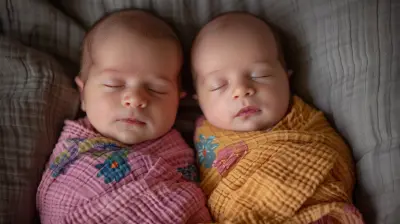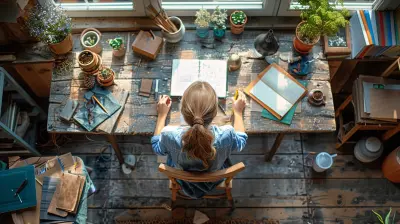The Importance of Play: Nurturing Your Child’s Development Positively
24 August 2025
Let’s be real—kids love to play. Whether it’s building a pillow fort, dressing up as superheroes, or creating wild adventures with their favorite stuffed animals, play is how children naturally engage with the world. But did you know that play isn’t just fun and games? It’s actually one of the most important things your child can do for their development. Really!
In this article, we’re going to dive into the incredible benefits of play and why making time for it is just as important as homework, chores, and even veggies on the dinner plate. Buckle up, because we’re about to celebrate mud pies, make-believe, and hide-and-seek like never before.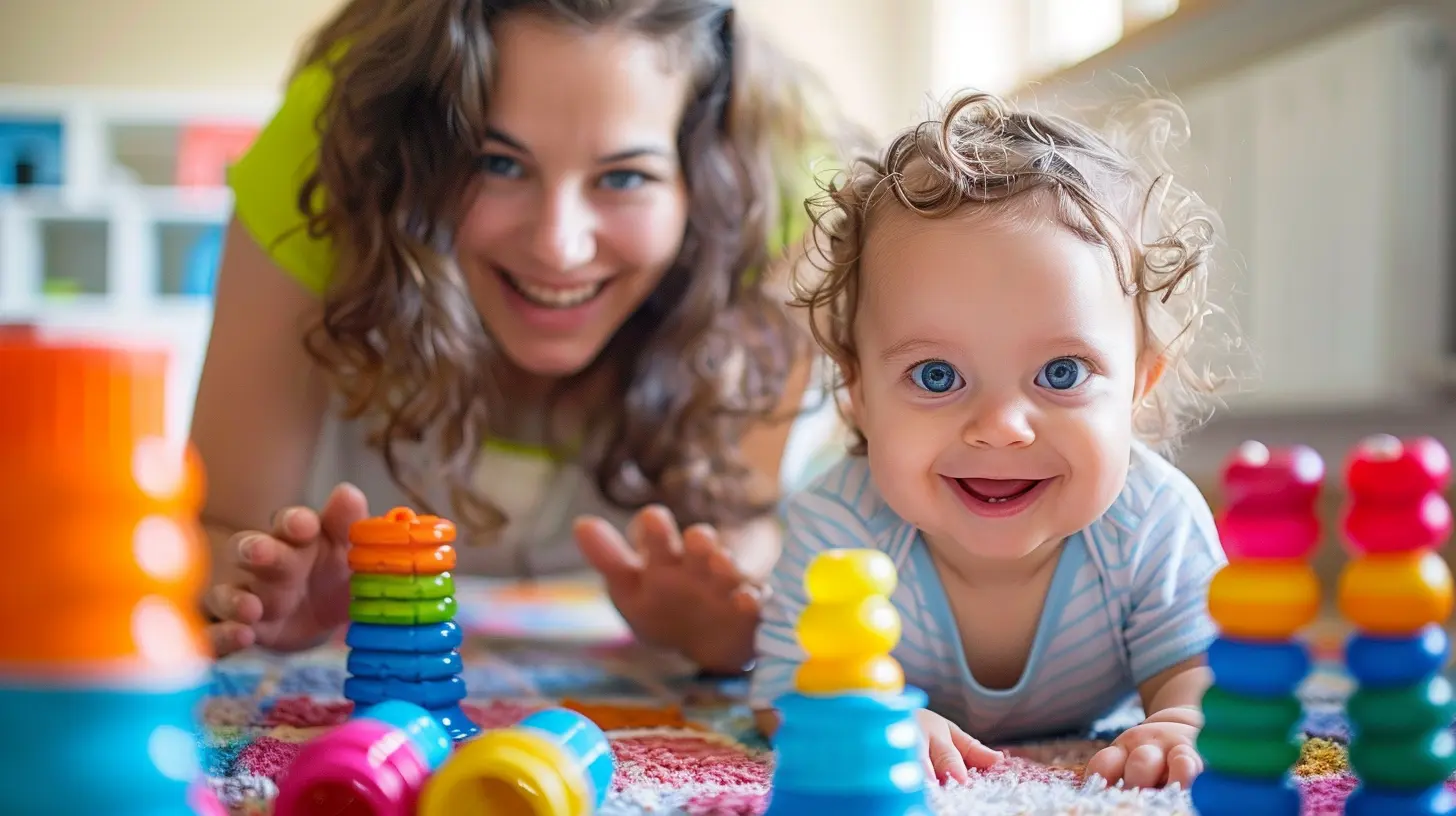
Why Play Matters More Than You Think
So, why is play such a big deal? Great question.Play is how kids make sense of the world around them. It’s like their version of experimenting and problem-solving—without the fancy lab coat. Through play, kids develop cognitive skills, practice social interaction, build emotional resilience, and boost physical activity. It’s basically a magical tool that helps kids grow in every direction.
No, really—play is the secret ingredient to nurturing happy, curious, and capable little humans.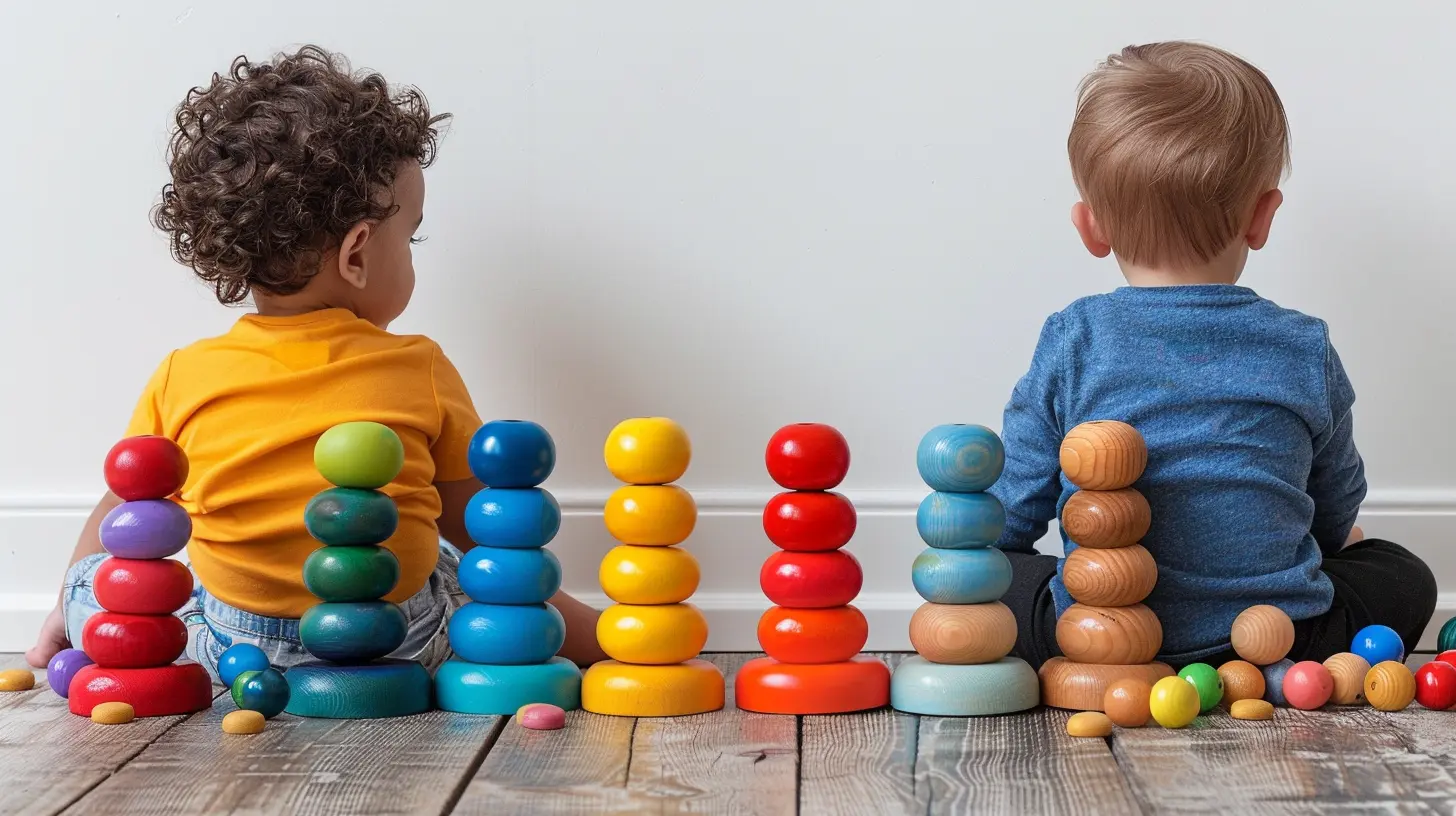
Cognitive Development: Where Learning Begins
Let’s start with the big brain stuff. When kids play, their brains are working overtime (in the best possible way).🎲 Problem-Solving and Critical Thinking
Ever seen a toddler stack blocks over and over until it doesn't topple? That’s early engineering at work. Or watched a 5-year-old try to figure out how to fit puzzle pieces together while dramatically sighing? That’s critical thinking in action.Play helps develop these kinds of mental muscles in a way that worksheets and flashcards just can’t.
🧠 Imagination and Creativity
Pretend play is basically a creativity factory. When kids become pirates on a cardboard ship or chefs running a plushie restaurant, they’re using imagination to create new scenarios, find solutions, and express ideas. Over time, this creative play builds neural connections that strengthen their ability to think outside the box. And who doesn’t want a kid who's a creative problem solver?Fun fact: imaginative play has been linked to higher IQ scores later in childhood. Not bad for a game of house, right?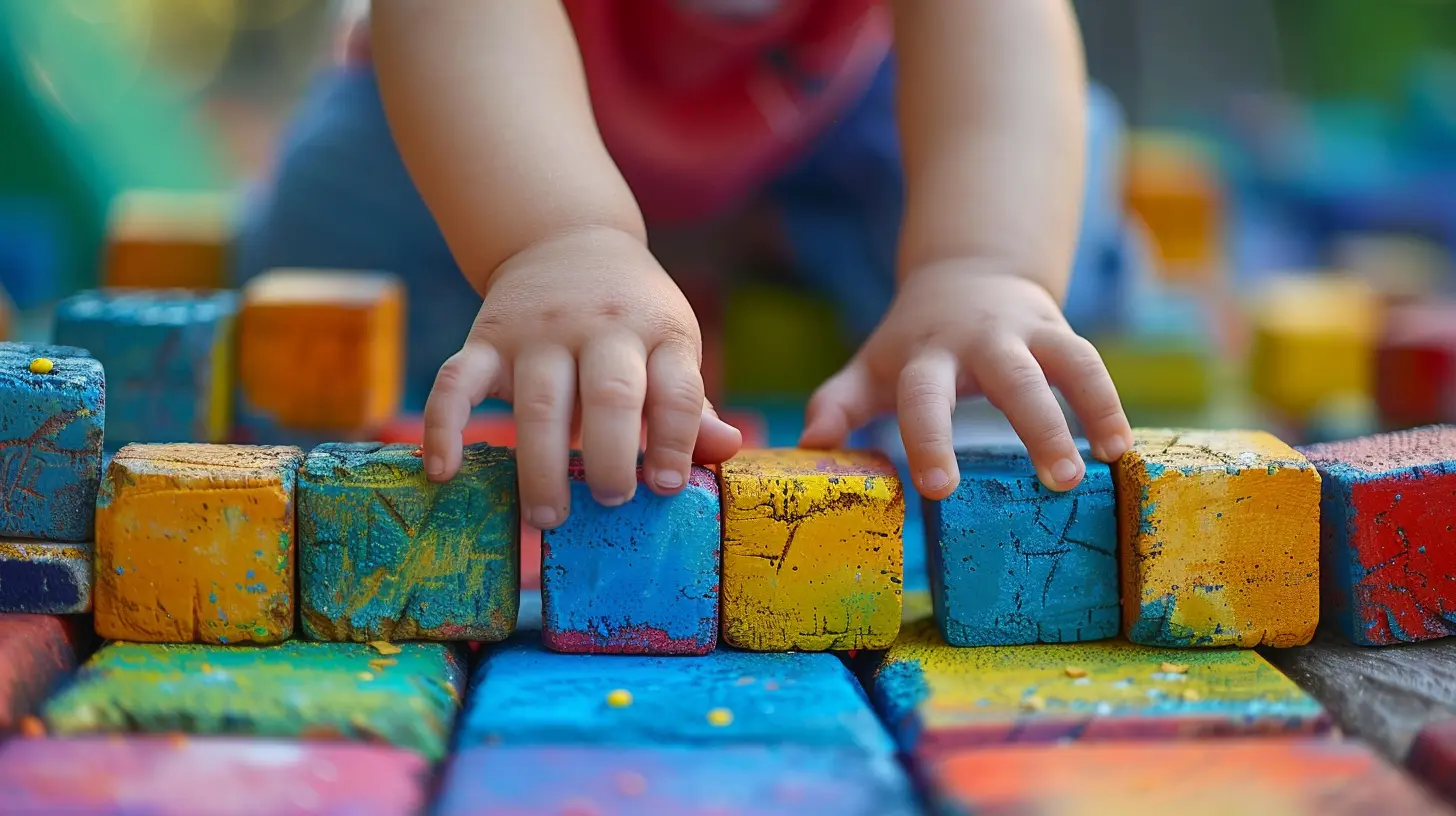
Emotional Development: Feel It to Build It
Play isn't just brain food—it's also emotional fuel.😊 Self-Expression and Processing Emotions
Kids often don’t have the words to express what they’re feeling. But give them some dolls, a truck, or a box of crayons, and suddenly they’re acting out scenarios that mirror their inner world.Through play, they're able to work through fears, understand emotions, and even make sense of what’s happening in their lives. It’s kind of like emotional therapy—with LEGOs.
🌈 Building Confidence and Independence
Play lets kids make choices and be in control. Whether they’re deciding how to build a sandcastle or what role they’ll play in a made-up story, they’re practicing independence. And when something they try actually works? Confidence boost unlocked!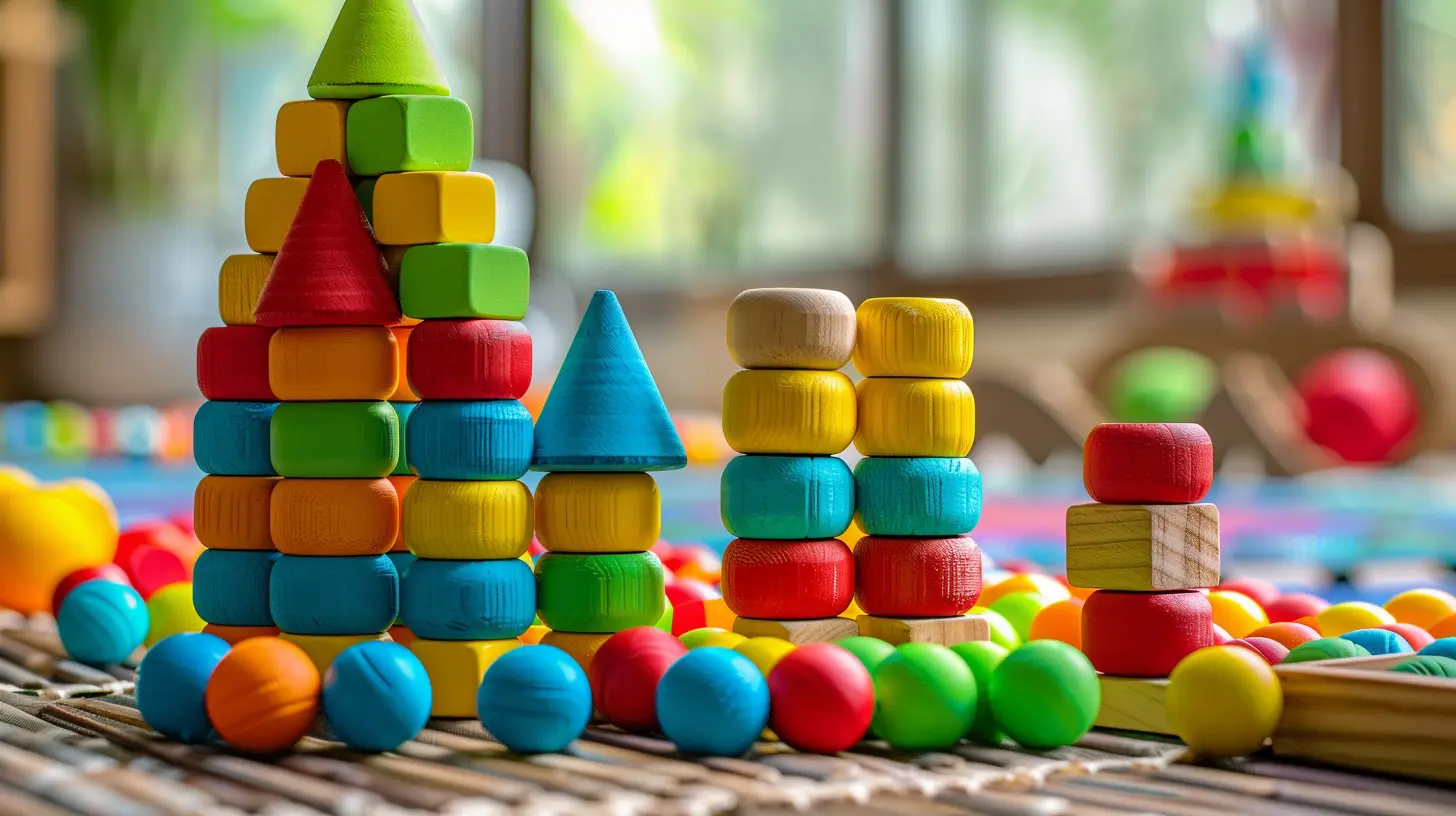
Social Development: More Than Just Sharing Toys
Ah, social skills—the stuff parenting dreams (and sometimes nightmares) are made of. Play is your child’s first classroom for social development.💬 Communication and Language Skills
Imagine two kids playing "store." One’s the cashier, the other is the customer. They're negotiating prices, role-playing conversations, and even throwing in a little friendly small talk. That’s language learning happening in real time.Kids build vocabulary, improve sentence structure, and learn how to take turns in a convo without even realizing it.
🤝 Cooperation, Empathy, and Conflict Resolution
Play helps kids learn how to work together. Whether it’s a team game or a creative project, they have to navigate disagreements, share ideas, and recognize others’ feelings. It’s the birthplace of empathy and teamwork—and trust me, those skills come in handy way beyond the playground.Physical Development: Building Strong Bodies
Let’s not forget what all that running, jumping, spinning, and hopping is doing for your little one’s body.🏃♂️ Gross Motor Skills
When kids run, climb, or dance, they’re developing their large muscle groups. These gross motor skills are key for things like balance, coordination, and overall physical health.Plus, it burns energy—which any tired parent will tell you is a win-win.
🖐️ Fine Motor Skills
Ever see a child struggle with buttoning a shirt or using scissors? Play helps with those too. Board games, drawing, stacking, and building all support the development of fine motor skills. The best part? They’re having so much fun, they don’t even know they’re working those hand muscles.Types of Play and Their Unique Benefits
Not all play is created equal. Kids need a mix of different types to get the full range of benefits.😎 Independent Play
This is when your child plays alone. It sparks imagination and builds independence. Plus, as a parent, it gives you 10 sweet, glorious minutes to drink your coffee while it's still hot.✨ Pretend Play
Role-playing and make-believe help boost creativity and emotional depth. It's how kids explore different perspectives and test out real-world scenarios in safe ways.🎯 Structured Play
Think sports, board games, or activities with rules. These help with discipline, rule-following, and teamwork. Perfect for learning how to win and lose gracefully.🌳 Outdoor Play
The OG stress reliever. Fresh air, sensory experiences, and unstructured exploration offer benefits for mood, focus, and overall well-being. Hello, nature therapy!🧩 Cooperative Play
Playing with others teaches conflict resolution and cooperation. Kids learn that everyone’s ideas matter—including their own.How You Can Support Meaningful Play at Home
Now that we’ve established that play is basically gold, let’s talk about how you can cheer from the sidelines (while maybe sneaking in a coffee break or two).🕒 Make Time for Free Play Every Day
Sounds obvious, but in the hustle of school, classes, and screen time, free play often falls through the cracks. Carve out at least 30–60 minutes a day for uninterrupted, no-rules-needed playtime.📦 Offer Open-Ended Toys
Think blocks, dolls, art supplies, or anything that doesn’t do all the work for them. These kinds of toys let creativity soar and problem-solving skills thrive.👀 Watch, Don’t Micromanage
Your kid doesn’t need you to direct their play—they need you to let them lead. Step back and let them figure things out. It might look chaotic, but it’s organized chaos. Promise.🤝 Join In Now and Then
Yes, kids need solo time, but they also LOVE when you play with them. Be a dragon, make a mess, let loose. It’s a bonding experience that reminds them they're loved, noticed, and safe.Play Isn’t Just for Little Kids
Here’s something that may surprise you: play isn’t just for toddlers or preschoolers.🚸 Elementary-Age Play
Board games, imaginative storytelling, and group sports all help older kids work on more complex social and cognitive skills.📱 Tweens and Teens
Play takes on a different form—video games, creative hobbies, even role-playing games. These still count as play and offer amazing benefits when balanced with other life areas.Let’s break the myth that play stops after kindergarten, okay?
Final Thoughts: Let's Keep It Playful
At the end of the day, play is more than just a way to pass time—it’s a vital part of growing up. It’s how kids explore, express, and engage. It teaches lessons they’ll use for years to come. And maybe, just maybe, it reminds us adults that life doesn’t always have to be so serious.So next time your child begs you to play tag or build a LEGO castle, take a moment to say yes. You’re not just entertaining them—you’re helping them thrive.
After all, childhood only lasts so long, but the lessons learned through play? Those stick around forever.
all images in this post were generated using AI tools
Category:
Positive ParentingAuthor:

Liam Huffman
Discussion
rate this article
1 comments
Beatrice Foster
Great insights! Play really fosters creativity and emotional well-being, essential for healthy child development. Thank you!
September 2, 2025 at 4:27 AM

Liam Huffman
Thank you for your kind words! I'm glad you found the insights valuable. Play truly is vital for nurturing creativity and emotional health in children.
